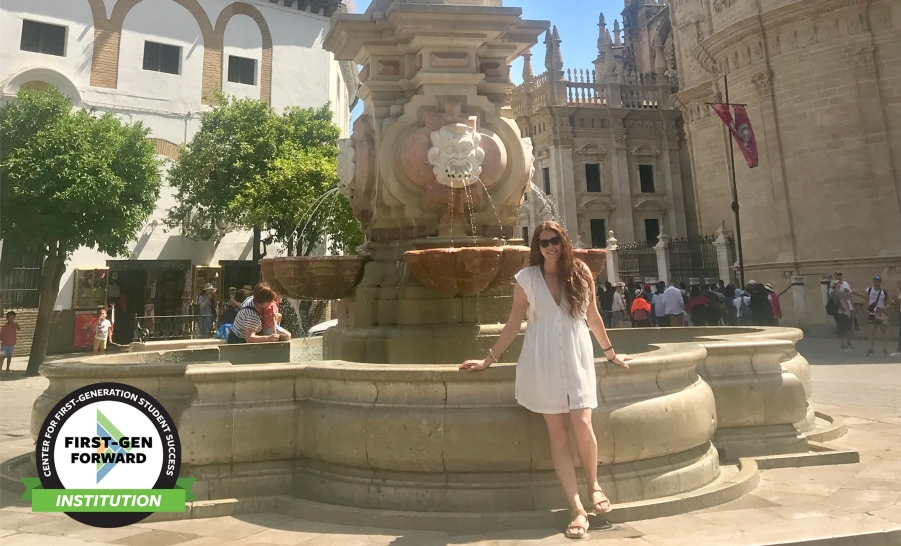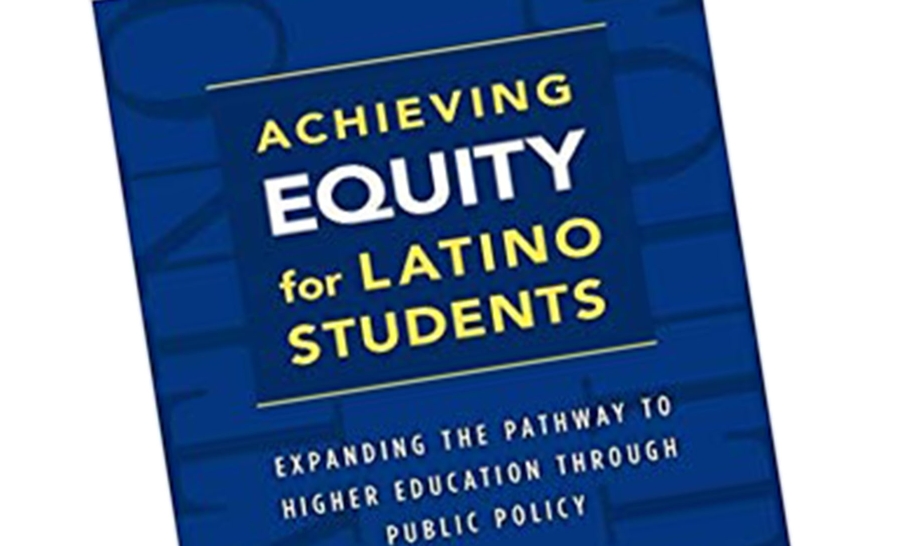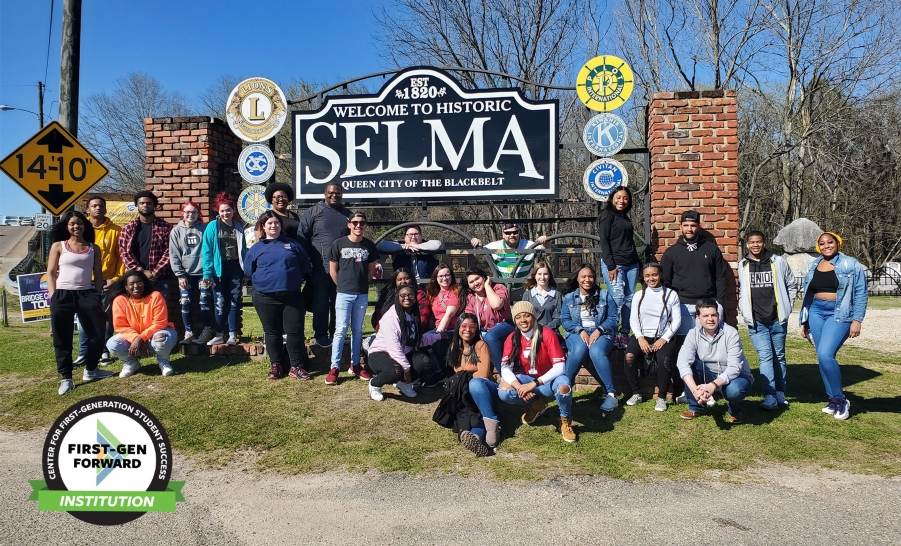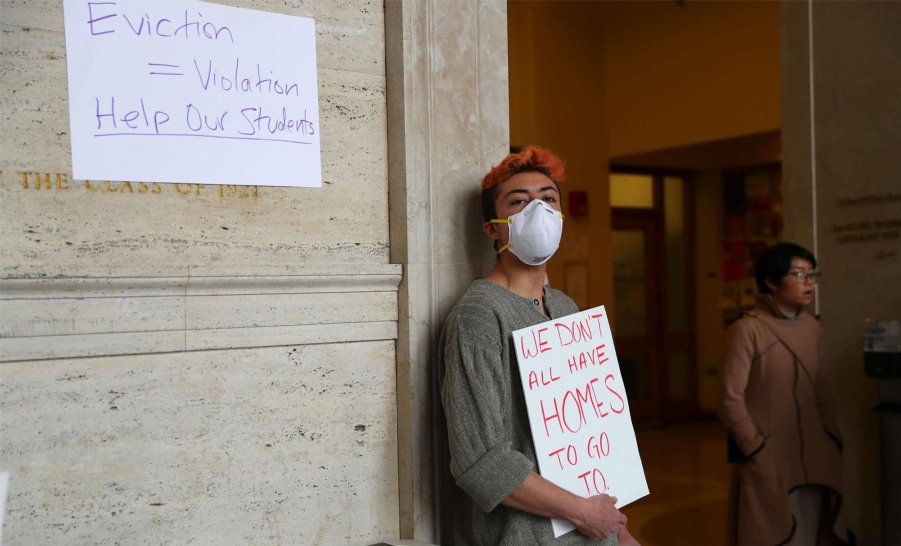First To Go Abroad: Building Global Education Initiatives For and With First-gen Students
Alexia Fernanda Pineda Soto, M.A., Loyola Marymount University / FirstGen Forward / December 16, 2020
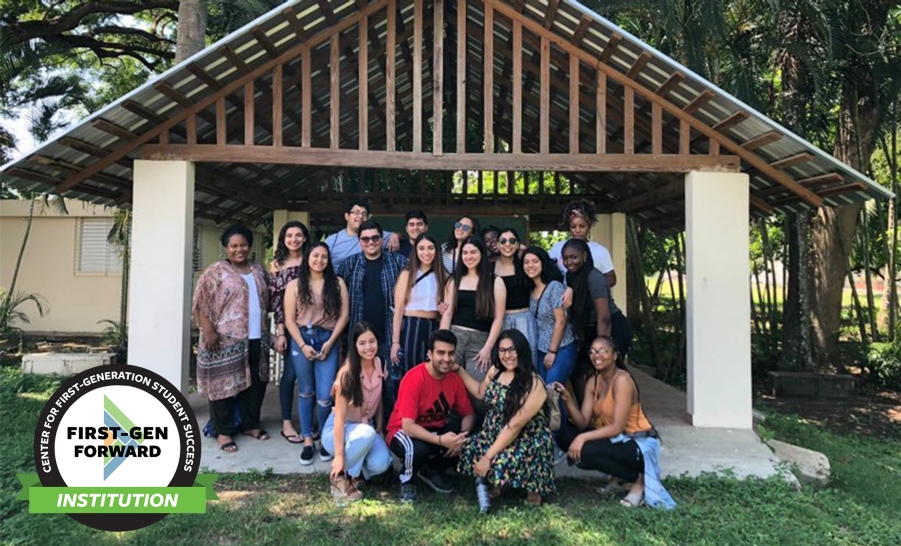
For first-generation students, the concept of serving their communities, living out meaningful lives, and practicing justice-laden vocations is an integral part of their intrinsic motivation for attaining a higher education. In service of that motivation, the First To Go Program at Loyola Marymount University (LMU) has brought multiple firsts to LMU, including trail-blazing initiatives that center equity and community in the formation of co-curricular experiences for first-generation college students. Included in these initiatives is a short-term study abroad program called “First To Go Abroad” that now celebrates its almost seven-year tenure on campus.
First To Go Abroad is a collaborative program supported by the Study Abroad Office and the Academic Resource Center—home to the First To Go Program. Between the Study Abroad Office and the Academic Resource Center, First To Go has taken nearly 100 students on globally immersive experiences rooted in social-justice education. In true grassroots fashion, these supporting departments have made a long-standing commitment to the sustainability and success of the program. They do so by providing large-scale funding, intentional outreach, advising, and workshops meant to address the student needs that are associated with the first-gen study abroad experience.
Overall, the purpose is to construct travel opportunities that are content-rich, reflective, rooted in social justice education, and student-centered.
Due to First To Go Abroad’s mission to provide accessible global education for economically-marginalized first-generation students, it stands as one of the only global immersion programs at LMU to specifically cater to a historically underserved student population. The objective: to get first-gen students abroad while ensuring that students’ concerns regarding funding, traveling abroad for the first time, and family responsibilities are met with culturally responsible solutions. In response to financial costs, the Study Abroad Office and the Academic Resource Center offer this 10-day short-term program for a subsidized rate ($500) and provide additional scholarships to students requesting further support. Given the desire to sponsor as many students as possible, many participating students often attend First To Go Abroad on full-ride scholarships.
The program provides the following for all students:
-
Round-trip airfare
-
Room, boarding, and lodging
-
All food expenses (breakfast, lunch, dinner, and snacks)
-
All excursion expenses
Overall, the purpose is to construct travel opportunities that are content-rich, reflective, rooted in social justice education, student-centered, and are experienced with other first-generation students aiming to include studying abroad in their college narrative. Building from this purpose, the last seven years have taught us a myriad of new lessons, including what is to come and how to approach new global education initiatives. In conjunction with our student constituents and campus partners, First To Go now plans to include the formation and implementation of virtual global internship experiences for first-gen+ students, (e.g., undocumented students, students with dependents, and transfer students), who, too, deserve access to global education experiences.
As global and local initiatives continue to expand, practitioners and institutional stakeholders should begin asking, “What does equity look like here?” in their attempts to centralize global civic participation in their institutional missions. Asking the latter allows campus communities to re-envision and de-generalize immersion opportunities that are limiting access to intentional global education. Because of this work, first-gen students can continue to trail blaze their way through many firsts: firsts that can and should include their global presence and advocacy.
For more information on Loyola Marymount University's approach, please visit their website here.
